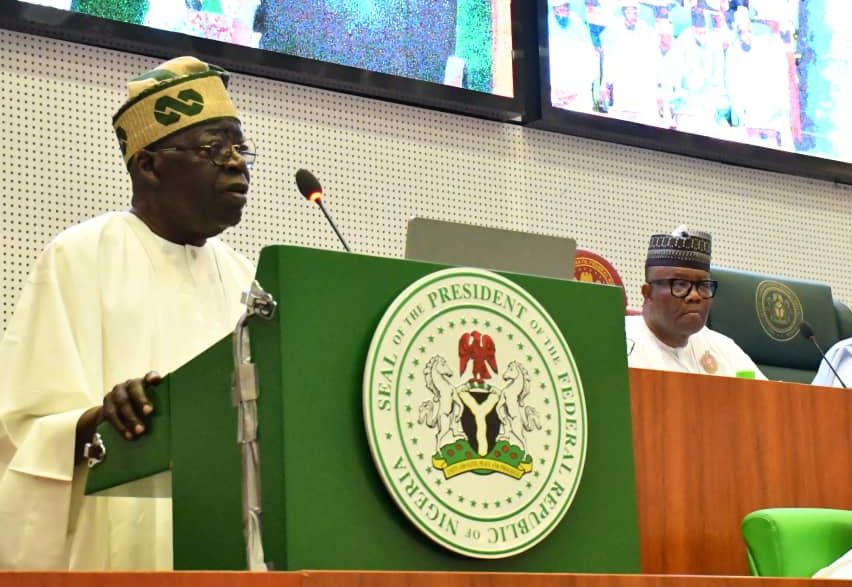Nigeria’s chronic housing deficit, a persistent challenge affecting millions, particularly in urban centers, is set to receive a significant boost with the Federal Government’s proposed allocation of N32 billion for special housing initiatives in the 2025 budget. This substantial investment underscores the government’s commitment to addressing the pressing need for affordable and accessible housing across the nation. The allocated funds will be channeled through four distinct programs, each strategically designed to target specific demographics and contribute to a multi-pronged approach towards mitigating the housing crisis.
The Federal Integrated Staff Housing Programme, an ongoing initiative focused on providing affordable housing for federal civil servants, will receive N90,115,000. This program acknowledges the difficulties faced by government employees in securing decent accommodation, especially in urban areas with high living costs. By providing subsidized housing options, the program aims to improve the living standards of civil servants and ensure they have access to safe and affordable housing.
A significant portion of the allocated funds, N15,471,428,565, will be directed towards the Family Home Funds Housing Financing Project, specifically targeting student housing. This initiative, financed through multilateral and bilateral loans, aims to address the acute housing shortage faced by students in Nigeria’s higher education institutions. The provision of affordable and secure accommodation will not only improve students’ living conditions but also contribute to a more conducive learning environment.
The Renewed Hope Agenda Housing Scheme, reflecting the government’s commitment to providing affordable housing for low- and middle-income Nigerians, will receive an allocation of N11,500,000,000. This ambitious scheme aims to construct 20,000 housing units, addressing the pressing housing needs in both urban and rural areas. By focusing on these income brackets, the scheme seeks to make homeownership a reality for a wider segment of the Nigerian population.
The National Housing Programme, operating under the Economic Recovery and Growth Plan, will receive N5,343,802,400 to continue its ongoing efforts to provide affordable homes nationwide. This program represents a sustained commitment to reducing the national housing deficit, estimated to be over 17 million units. By facilitating access to affordable housing, the program aims to improve living conditions and contribute to broader economic development.
These four programs, each with its specific focus, collectively represent a comprehensive strategy to address the multifaceted challenges within Nigeria’s housing sector. These challenges include high construction costs, limited access to affordable financing options, and the ever-increasing pressure on existing infrastructure due to rapid urbanization and population growth. The government’s intervention comes at a crucial time, as rising inflation further exacerbates the affordability crisis within the housing market.
The World Bank, in a 2022 report, highlighted the magnitude of the housing challenge, estimating that Nigeria requires at least 700,000 new housing units annually to bridge the existing gap. The government’s N32 billion investment, while substantial, represents a step towards addressing this monumental challenge. The success of these initiatives will depend not only on the efficient allocation and utilization of funds but also on addressing the underlying structural issues within the housing sector. This includes promoting innovative construction techniques, streamlining regulatory processes, and fostering public-private partnerships to stimulate private sector investment in affordable housing development. The long-term goal remains to create a sustainable and inclusive housing market that caters to the diverse needs of the Nigerian population.














